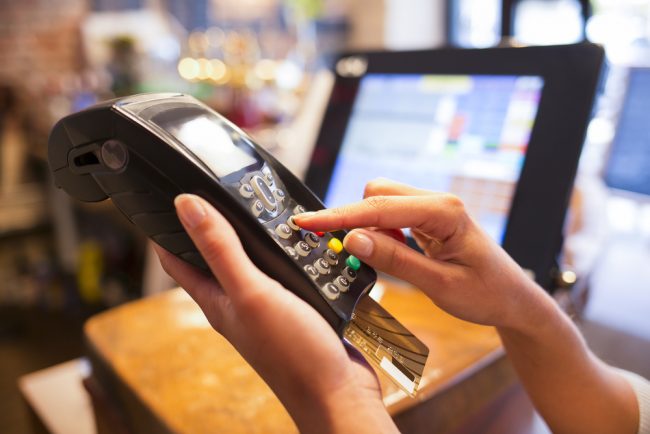Credit card use for purchases in shops has been highlighted by the British Bankers’ Association (BBA) as the key to rising borrowing on cards, reports the BBC.
There were 168 million purchases on credit cards in July – the first full month since the Brexit vote.
This was higher than in June and the average of the previous six months.
However, there was a drop in the number of mortgages approved for house purchases.
“This month’s statistics are the first set of borrowing figures gathered since the EU referendum. The data does not currently suggest borrowing patterns have been significantly affected by the Brexit vote, but it is still early days. Many borrowing decisions will also have been taken before the referendum,” said Rebecca Harding, chief economist at the BBA.
“We are also clearly still a nation of shoppers and the Brexit vote has done nothing to change the fact that we use credit cards for short-term purchases. Strong retail sales figures appear closely associated with strong consumer credit growth.
Many economists have predicted that the UK economy will grow slower than previously expected as a result of the UK’s decision to leave the EU.
This, in part, led to the Bank of England’s decision to cut interest rates to a new record low of 0.25 per cent in August. Part of the theory of an interest rate cut is to encourage consumers to spend rather than save.
The BBA figures cover a period that pre-dates this rate cut, but the organisation suggests that people were still willing to buy in the shops on credit cards, before quickly repaying nearly all of this borrowing shortly afterwards.
Borrowing by consumers, excluding mortgage borrowing, rose by 6 per cent in July compared with the same month a year earlier.
The BBA also said gross mortgage borrowing hit £12.6bn in July, 6 per cent higher than a year earlier.
However, the total of 37,662 mortgages approved for house purchases in July was down 5 per cent on the previous month, and 12 per cent lower than the average of the previous six months.
This could suggest that those planning to buy a home may have taken a wait-and-see approach with home loan applications during the referendum campaign.
Figures from HM Revenue and Customs, published on Thursday, showed that property sales had remained relatively steady in July.


